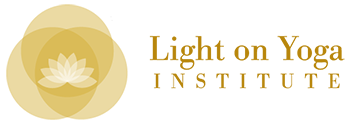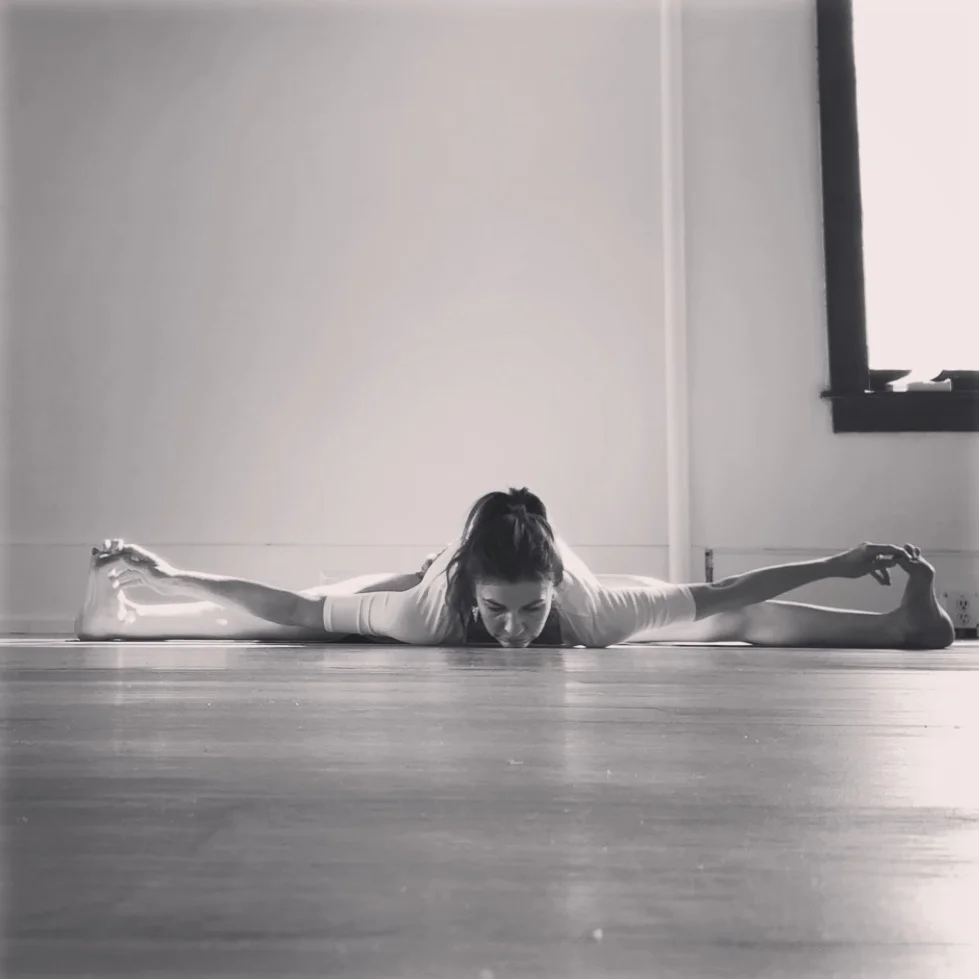There is a “difference between doing nothing, doing a little, and the redemptive act of true effort.” Mary Oliver
One of the themes Manouso Manos brought up a couple of times at the Intensive was that we live in a present culture where we are accustomed to everyone receiving awards/rewards whether they have worked or not, for example all participants given a ribbon or trophy despite unequal effort or talent. This is not reality, not how it actually works in the universe. Just barely showing up isn’t going to be enough in many instances to affect a real change, to get to the next level, to understand oneself on a deeper level.
This is similar to the theme that I was teaching or talking about at the weekend Intensive in February, bringing up the essay from The NY Times about living in an age of convenience where we have become accustomed to doing the easiest thing so much that we are losing the ability to make meaningful choices and put forth meaningful effort.
It takes a long time to transform oneself, and it takes true effort in the right direction, persistence, concentration and will-power and sometimes even surrender.
At the Therapeutics training with Manouso, I was fortunate to be assisting and learning while he worked with someone that had a calcified shoulder due to a stroke and not having moved that arm for ten years. This man was willing—asking for help. Manouso gently moved his arm, carefully keeping the shoulder in the joint, gradually extending the range of motion. There was a transformation of reaction from contorted face, gritted teeth (because it is painful to regain mobility when there is calcification), some soft swearing. Manouso cracked jokes. Gradually the tension changed from swearing to calling out for the Lord and then I knew he would be ok. Manouso advised him to use his exhalations. The man softened further. With help, he regained the freedom to move his arm. Now it has to be retrained to connect to his brain. And that possibility now exists. While this is an intense example, this is actually the type of difficulty that we may face in our practice. It takes courage and persistence to move past obstacles and to find freedom.

